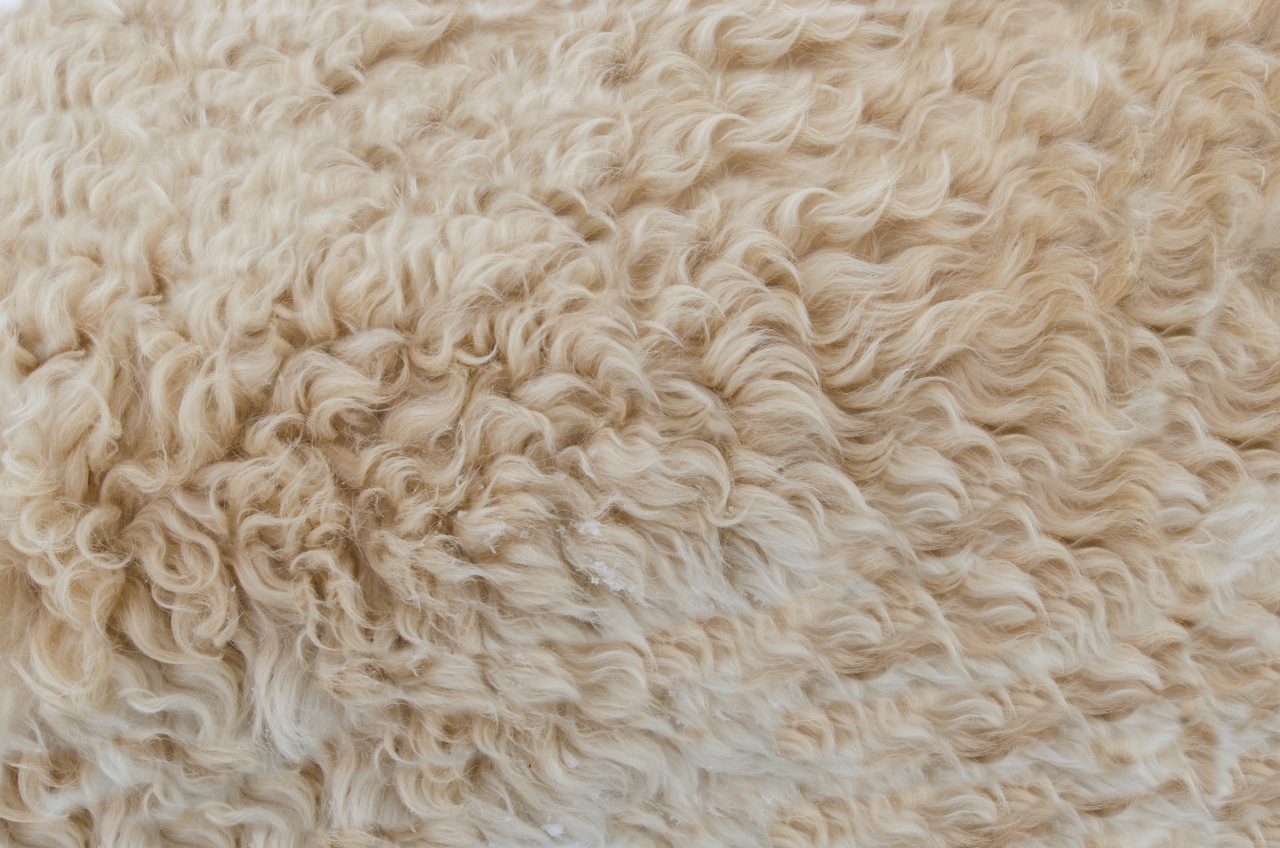Dry, itchy skin can be incredibly uncomfortable and irritating. Luckily, there are several natural remedies that can help provide relief. These remedies are often gentle on the skin and may provide long-term benefits with consistent use.
Solution 2: Making Lifestyle Changes
Committing to a few simple lifestyle changes can make a significant difference in managing dry, itchy skin. By incorporating certain habits into your daily routine, you can help keep your skin hydrated and nourished from within.
Solution 3: Effective Skincare Products for Dry, Itchy Skin
In addition to natural remedies and lifestyle changes, using skincare products specifically formulated for dry, itchy skin can greatly improve your skin’s condition.
These products are designed to provide deep hydration, lock in moisture, and soothe irritation.
The Importance of Hydration
One of the most crucial aspects of managing dry, itchy skin is maintaining proper hydration. When your body lacks sufficient moisture, your skin tends to become dry and prone to irritation.
Drinking an adequate amount of water throughout the day helps keep your skin hydrated from the inside out.
1. Natural Moisturizers for Dry, Itchy Skin
Natural moisturizers are a great option for those looking to soothe dry, itchy skin without relying on harsh chemicals. These moisturizers often contain gentle ingredients that not only provide hydration but also nourish and protect the skin.
2. Soothing Bath Additives
Adding soothing ingredients to your bathwater can help alleviate dryness and itching. Oatmeal, for example, has anti-inflammatory properties that can soothe irritated skin.
Adding colloidal oatmeal to your bath can provide relief by forming a protective barrier on your skin and locking in moisture.
3. Calming Essential Oils
Essential oils are highly concentrated plant extracts that can be used to soothe dry, itchy skin. Some oils, such as lavender and chamomile, have calming properties that can help reduce inflammation and relieve itching.
However, it’s important to dilute essential oils properly before applying them to your skin to avoid irritation.
Developing a Skincare Routine
A consistent skincare routine plays a vital role in managing dry, itchy skin. By following these steps, you can establish a routine that helps nourish and protect your skin:.
1. Cleansing
Choose a gentle cleanser that doesn’t strip your skin of its natural oils. Avoid harsh soaps and opt for moisturizing cleansers that will help maintain your skin’s hydration.
2. Exfoliating
Regular exfoliation helps remove dead skin cells and unclog pores, allowing your moisturizers and other skincare products to penetrate more effectively. However, be gentle while exfoliating to avoid further irritation.
3. Moisturizing
Apply a rich, hydrating moisturizer immediately after cleansing and exfoliating to lock in moisture and provide relief to dry, itchy skin. Look for products that contain ingredients like hyaluronic acid, shea butter, or ceramides.
4. Protecting
Shield your skin from environmental aggressors by using sunscreen and protective clothing. Sunburn can worsen dryness and itchiness, so it’s essential to protect your skin from harmful UV rays.
5. Avoiding Irritants
Identify and avoid potential irritants that may exacerbate your dry, itchy skin. These can include certain fabrics, harsh chemicals, or allergens. Opt for hypoallergenic and fragrance-free products whenever possible.
Lifestyle Habits for Healthier Skin
Aside from natural remedies and a consistent skincare routine, adopting certain lifestyle habits can significantly improve the condition of your dry, itchy skin.
1. Hydrate from Within
Drink an adequate amount of water every day to maintain proper hydration. This helps keep your skin moisturized and may reduce dryness and itching.
2. A Balanced Diet
Eating a balanced diet rich in fruits, vegetables, and healthy fats can promote healthier skin. These foods provide essential nutrients that nourish and protect your skin from within.
3. Avoid Hot Showers
Although a hot shower may feel relaxing, it can strip your skin of its natural oils and contribute to dryness. Opt for lukewarm water instead and limit your showers to a reasonable duration.
4. Moisturize Regularly
Incorporate moisturizing into your daily routine, especially after bathing or washing your hands. This helps replenish lost moisture and keeps your skin hydrated.
5. Manage Stress Levels
Stress can worsen skin conditions such as dryness and itching. Practice stress-management techniques like meditation, deep breathing exercises, or engaging in hobbies you enjoy.
Choosing the Right Skincare Products
When selecting skincare products for dry, itchy skin, it’s important to consider their ingredients and suitability for your skin type. Look for these key ingredients:.
1. Hyaluronic Acid
Hyaluronic acid is a powerful humectant that attracts and retains moisture in the skin. It helps hydrate and plump the skin, reducing dryness and itching.
2. Shea Butter
Shea butter is a natural emollient that nourishes and soothes dry, itchy skin. It forms a protective barrier on the skin’s surface, preventing moisture loss.
3. Ceramides
Ceramides are lipids naturally found in the skin that help retain moisture and strengthen the skin’s barrier. Skincare products containing ceramides replenish and repair the skin’s protective barrier.
4. Aloe Vera
Aloe vera has soothing and anti-inflammatory properties that can calm irritated skin and relieve itching. It also provides hydration and helps lock in moisture.
5. Colloidal Oatmeal
Colloidal oatmeal is finely ground oats that have moisturizing, anti-inflammatory, and itch-relieving properties. It helps protect and soothe dry, itchy skin.
In Conclusion
Dry, itchy skin can be effectively managed with the right solutions. Incorporating natural remedies, making lifestyle changes, and using suitable skincare products can provide much-needed relief and promote healthier, more comfortable skin.
Remember to consult a dermatologist if your symptoms persist or worsen despite trying various solutions.































